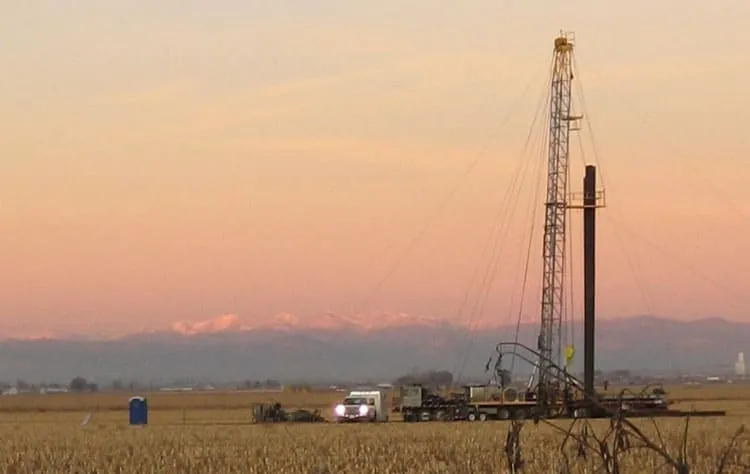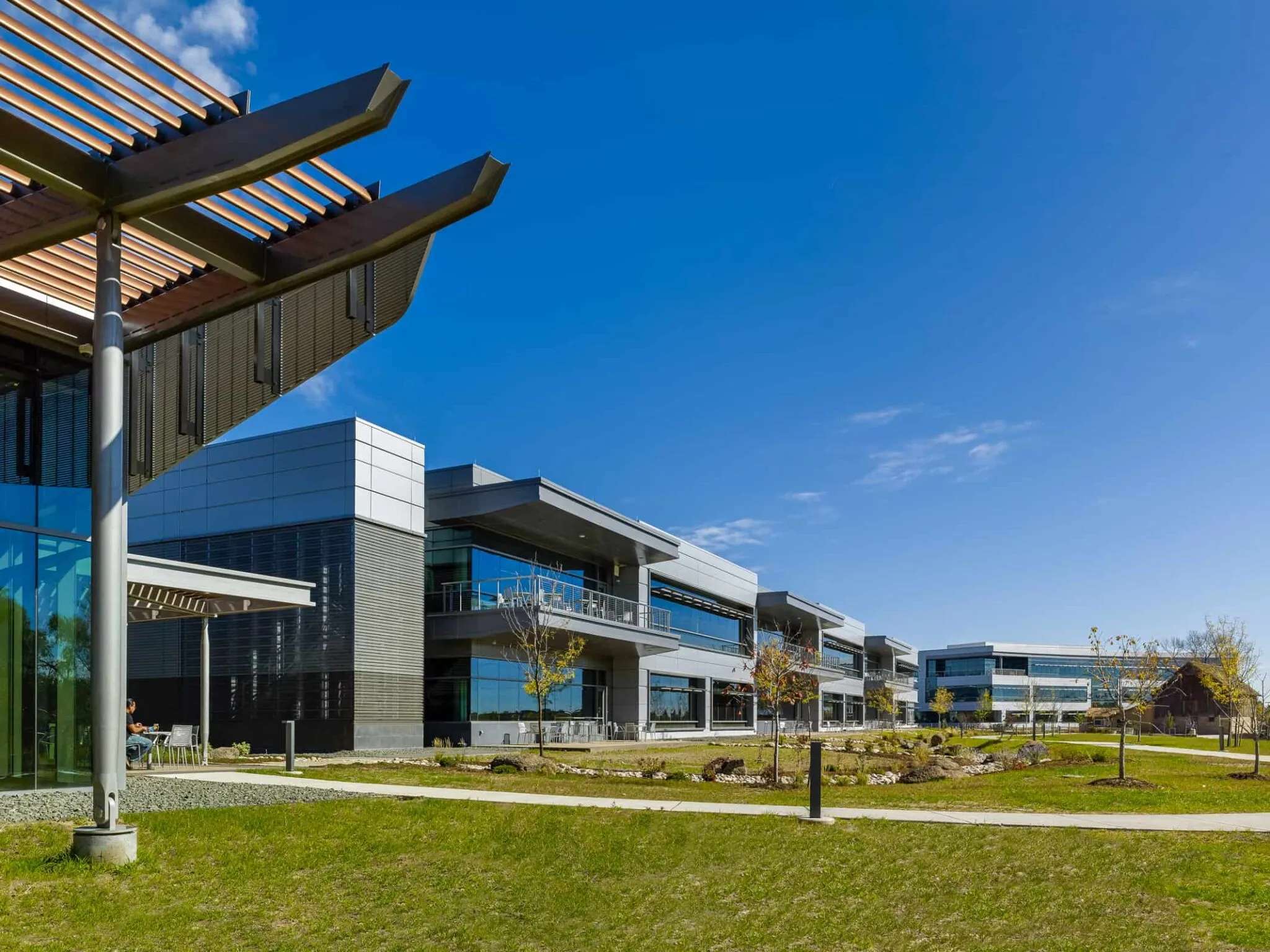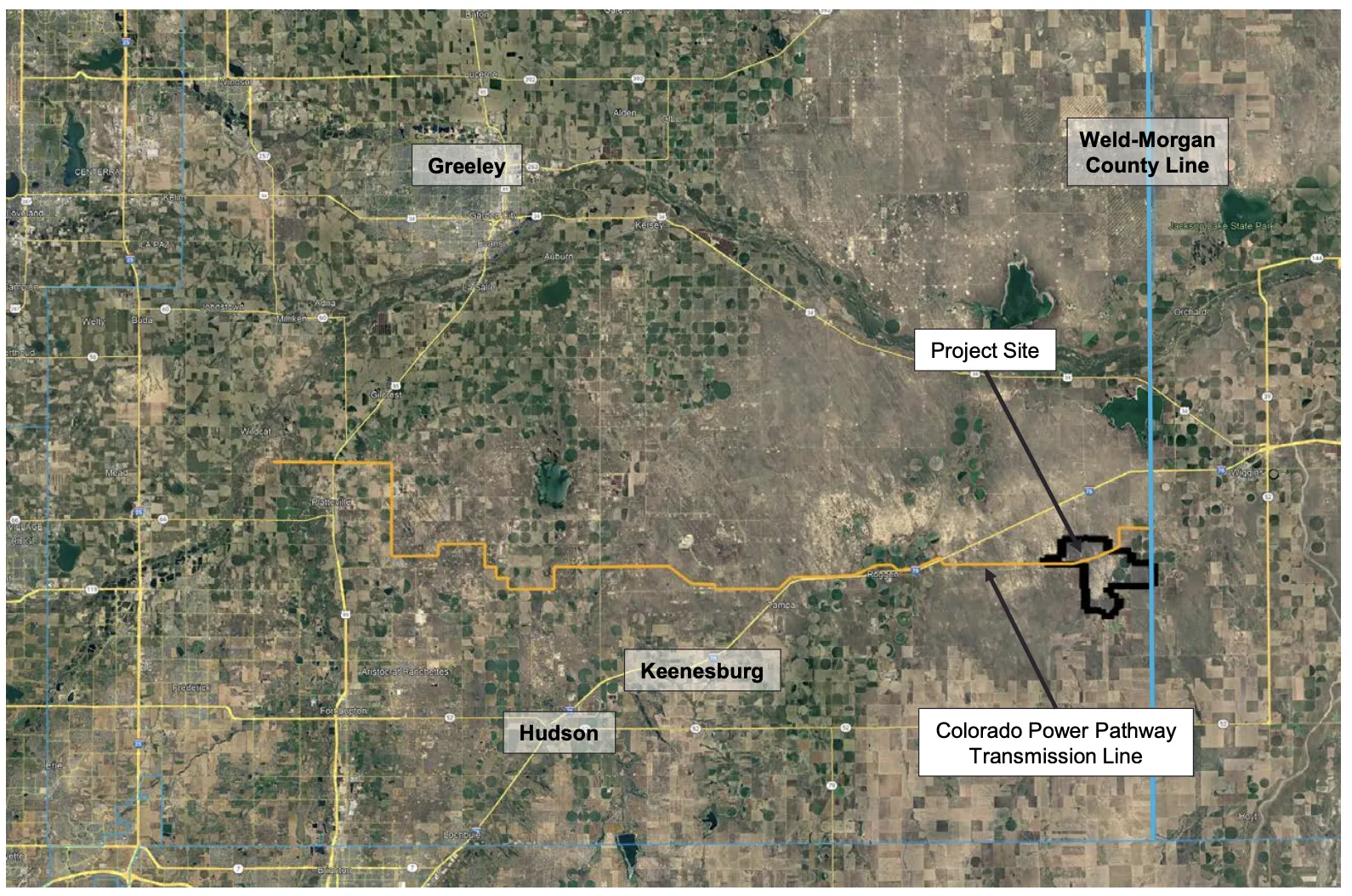Proposition 112: What’s next? With Prop. 112 in the rearview mirror, what’s next for oil and gas regulation in Colorado?

Colorado voters rejected both Proposition 112 and Amendment 74 in November, leaving in place the status quo for the oil and gas industry — for now.
Given the results on Election Day, neither strict new setback regulations nor a system for compensating mineral rights holders for value lost due to new regulations will be adopted immediately. However, lawmakers, local leaders and oil and gas industry representatives all recognize that the concerns that got these issues on the ballot in the first place are not simply going to vanish.
Proposition 112, which was supported by…
THIS ARTICLE IS FOR SUBSCRIBERS ONLY
Continue reading for less than $3 per week!
Get a month of award-winning local business news, trends and insights
Access award-winning content today!





